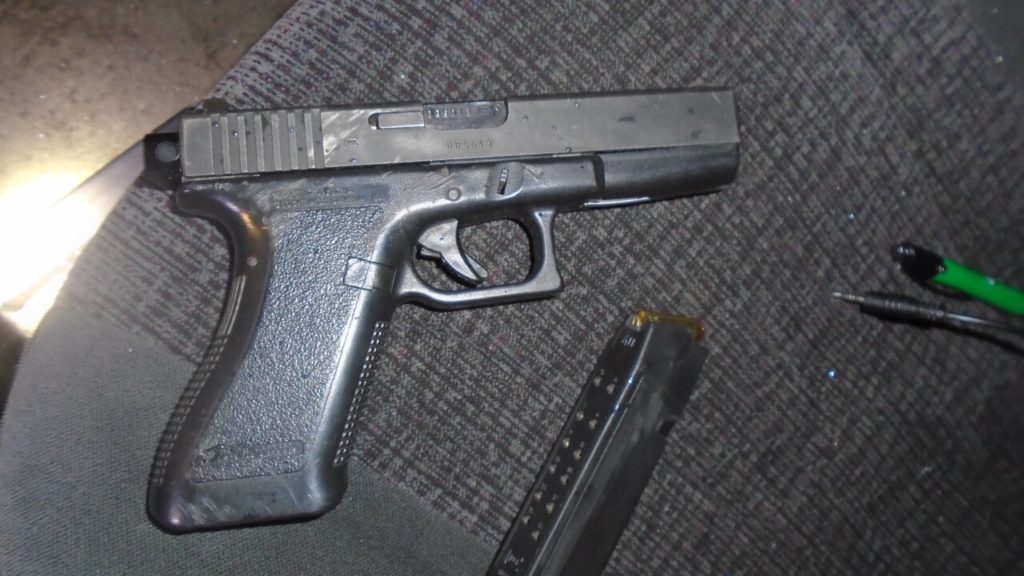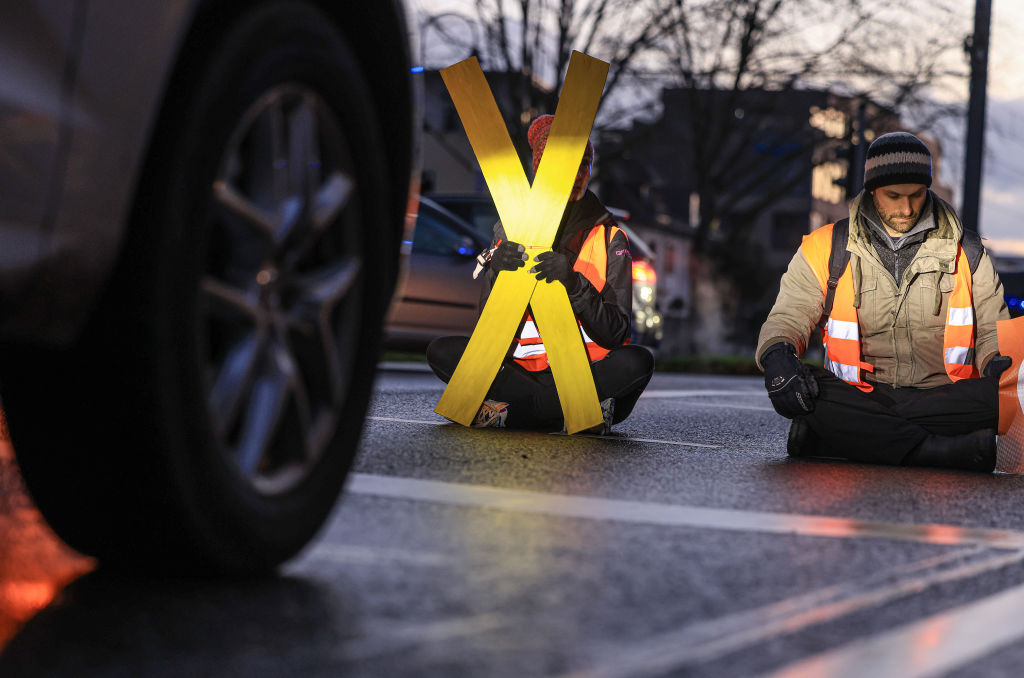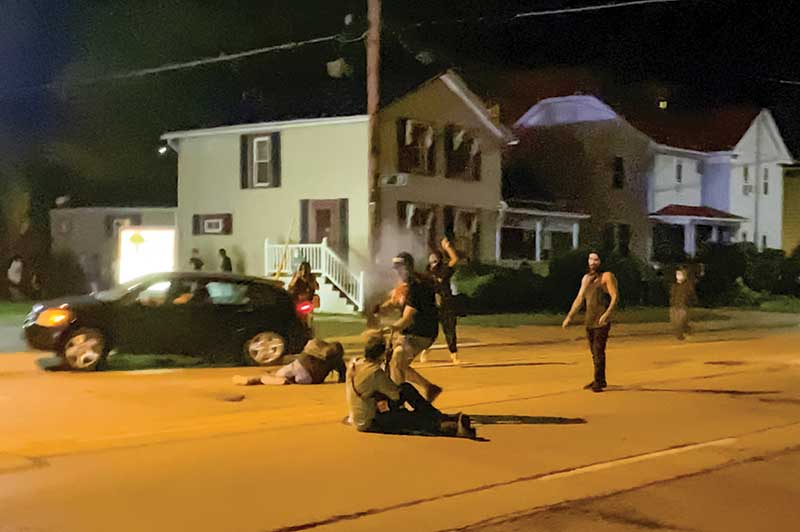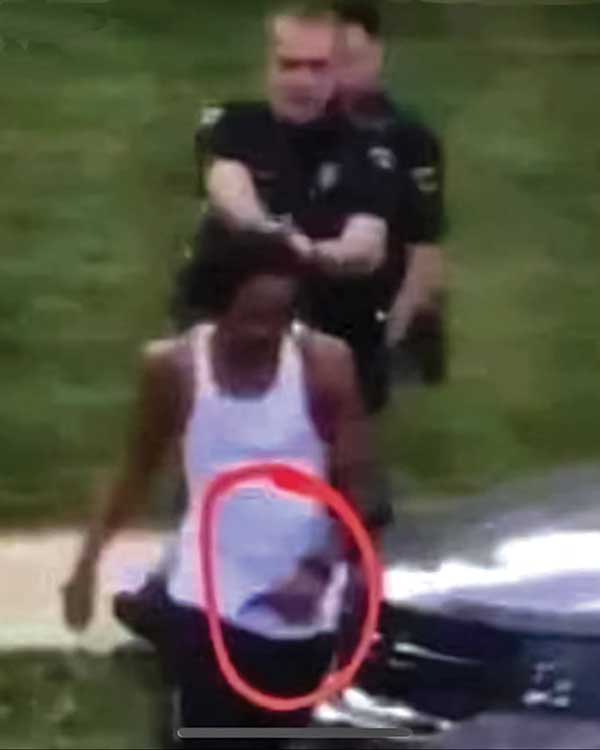Colt 1877 DA was a favorite of Hardin’s by the time of his death. It ain’t about the guns, it’s about timeless human dynamics.
We can’t expect to defeat enemies we don’t understand. It’s why LAPD’s officer survival guru Rich Wemmer interviewed cop-killers in prison, and why Dennis Anderson and Charles Remberg did the same for their Calibre Press Street Survival book and seminars.
There’s little new in the concept, and an often ignored source of research are incidents from relatively long ago. In his letters and particularly his autobiography, John Wesley Hardin bragged about how he killed policemen in the third quarter of the 19th Century. The cunning ploys he used remain lethally dangerous to cops today.
In his own words, Hardin — a racist anti-authoritarian who hated African-Americans and lawmen with equal venom — detailed how he murdered black Texas State Police officer Green Perrymore in September, 1871. Hardin wrote the arresting officer had him at gunpoint when “He said, ‘Give me those pistols.’ I said ‘All right,’ and handed him the pistols, handle foremost. One of the pistols turned a somerset in my hand and went off … and (sent) him sprawling on the floor with a bullet through his head, quivering in blood.”
The Last Gunfighter is the most useful Hardin biography Mas has found.
Hidden Second Weapons
With 41 dead men attributed to his tally, the one murder for which Hardin was convicted and served hard time was the death of Deputy Charles Webb in 1874. Hardin wrote, “… I told him my pistol was behind the bar and threw open my coat to show him. But he did not know I had a good one under my vest.” That was the one he used very shortly thereafter to shoot the deputy in the brain. Hardin was arrested for it years later — leading to the following.
Hardin bragged he had killed multiple officers with their own guns he grabbed when he caught them off guard. But at least one lawman was savvy enough to see that coming and save his own life, and that of his brother officer.
It happened in 1877. Texas Rangers had arrested Hardin on a train in Pensacola, Florida for the murder of Deputy Webb. The lawmen had killed Hardin’s accomplice, Jim Mann, and pistol-whipped Hardin into submission in the course of that arrest.
Captain John Armstrong and Special Detective Jack Armstrong were transporting the handcuffed Hardin to jail and trial. Like so many psychopaths, Hardin used his charming personality to lull his intended victims off guard. Here, in a letter to his wife, Hardin explained how he planned to escape:
“Jack and Armstrong were now getting intimate with me, and when dinner came I suggested the necessity of removing my cuffs and they agreed to do so. Armstrong unlocked the jewelry and started to turn around, exposing his six-shooter to me, when Jack jerked him around and pulled his pistol at the same time. ‘Look out,’ he said, ‘John will kill us and escape.’ Of course, I laughed at him and ridiculed the idea.
It was really the very chance I was looking for, but Jack had taken the play away just before it got ripe. I intended to jerk Armstrong’s pistol, kill Jack Duncan or make him throw up his hands. I could have made him unlock my shackles, or get the key away from his dead body and do it myself. I could then have easily made my escape. That time never came again.”
Hardin: This cop-killer wrote an autobiography, The Life of John Wesley Hardin. It’s harder to defeat enemies you don’t understand.
Constant Vigilance
As we look sadly upon such recent events as the murder of Wyandotte County, Kansas Deputies Patrick Rohrer and Theresa King in June, 2018, slain when a suspect they were transporting gained control of a police weapon, we are reminded this sort of thing is a continuing concern. Security holsters and weapon retention training have improved the situation, but constant vigilance and keeping our guard up remain keys to survival.
The Letters of John Wesley Hardin by Roy and Jo Ann Stamps, The Last Gunfighter: John Wesley Hardin by Richard Marohn, and The Life of John Wesley Hardin Written By Himself are all compelling resources, available through Amazon or your local library. They remind us homicidal gunmen aren’t about AR15’s or modern trends. They’re about timeless human dynamics, and the more we know about how these events have happened in the past, the better we can prepare to keep them from recurring in the future.


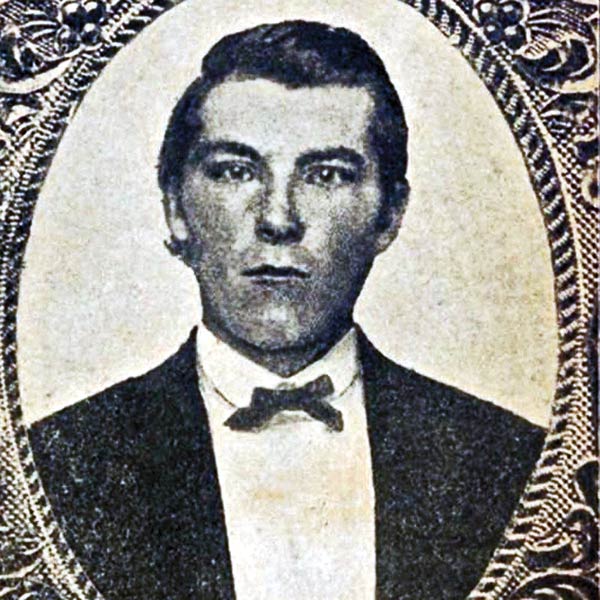


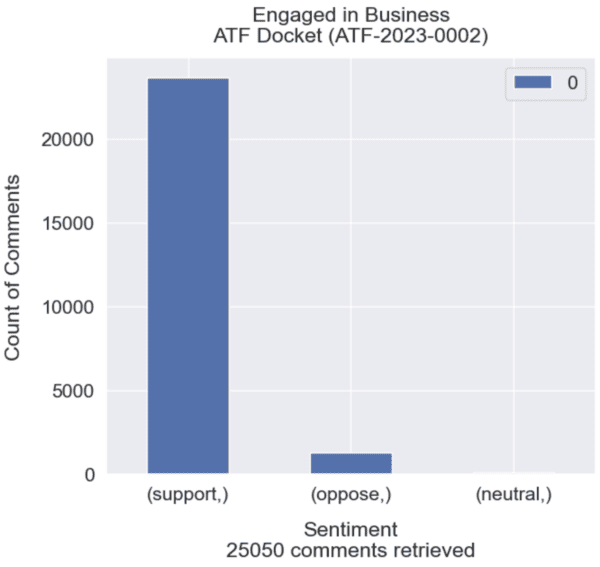


.png)
